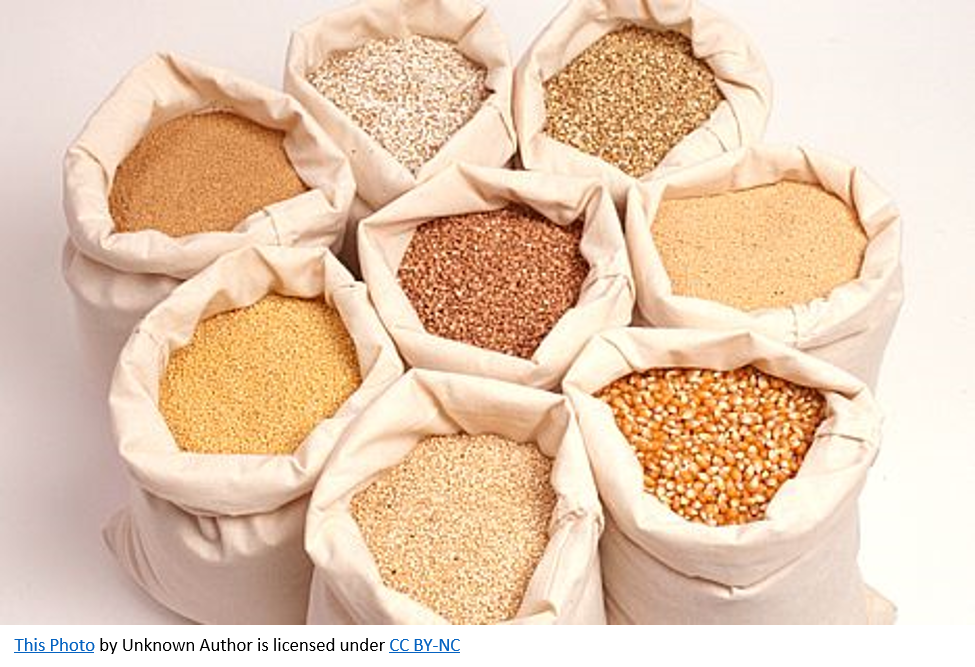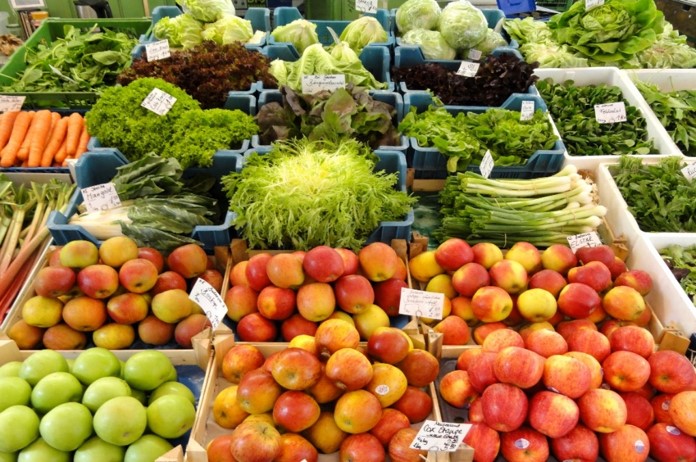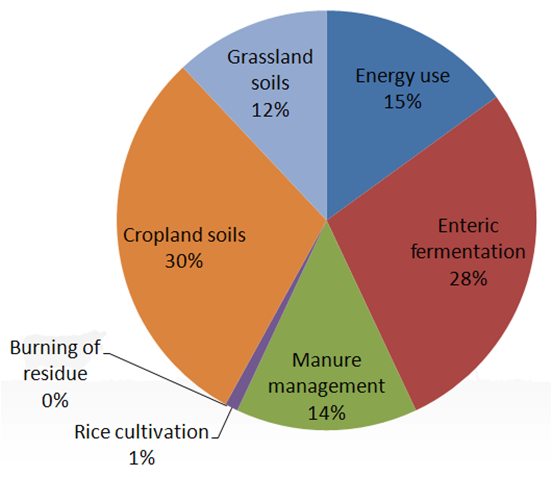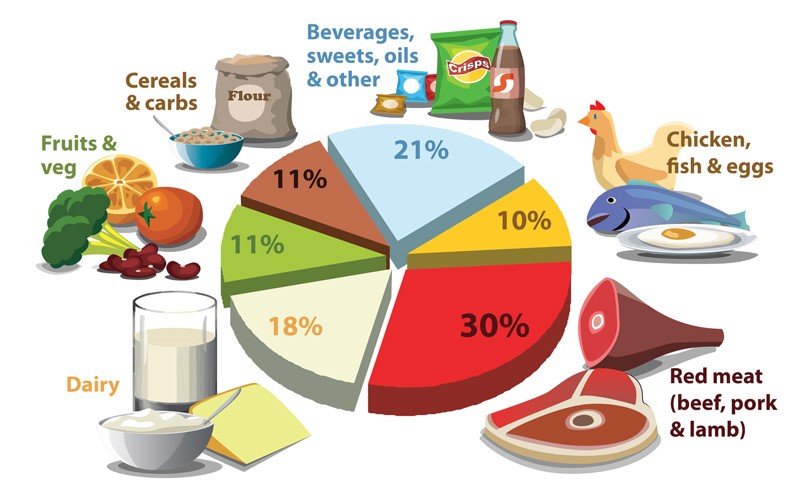Living the Change - Food

Week 4: Committing to Sustainable Food - Offering someone a meal is an act of hospitality, rooted in love and compassion. Join TxIPL in extending hospitality to all of God's creation by Committing to Sustainable Food.
Week 3: Tackling the Elephant in the Room - How do we respond to climate change when we are Texans who love barbecue and are people of faith who love God's creation? We reconcile these facts by tackling the elephant in the room.
Week 2: Making Food Choices - Eating sustainably includes making food choices that treat food as a gift of God's creation.
Week 1: Eliminating Food Waste - Wasted food means wasted energy and unnecessary carbon emissions. Eliminating food waste is a critical step in sustainable food comsumption.
 Living the Change is a multifaith journey to sustainable use of transportation, energy, and food. These three areas were selected based on a recent study that shows they have “the potential to contribute to systematic change and substantially reduce annual personal emissions” of greenhouse gases. During the past two months, TxIPL committed to sustainable transportation and energy. This month TxIPL looks at the sustainable consumption of food.
Living the Change is a multifaith journey to sustainable use of transportation, energy, and food. These three areas were selected based on a recent study that shows they have “the potential to contribute to systematic change and substantially reduce annual personal emissions” of greenhouse gases. During the past two months, TxIPL committed to sustainable transportation and energy. This month TxIPL looks at the sustainable consumption of food.
 Our food has a lifecycle that starts with agricultural crop and livestock production. It then goes through stages of transportation, storage, processing, refrigeration, and/or waste disposal, depending on the food type. All food has agricultural sources of greenhouse gases. In addition, the stages within the food lifecycle generate greenhouse gases by using electricity or fuel. Globally, agriculture and food production are the source of over 25% of the global greenhouse gas emissions. The U.S. Department of Agriculture reports food production comprised approximately 15.7 percent of the U.S. energy consumption in 2007. The report shows the per capita energy consumption, and the corresponding greenhouse gas emissions, of the food industry increasing at a rate that exceeds population growth, due to people eating more food, eating out more frequently, and eating more processed food, as represented by “beverages, sweets, oils, and other” in the following chart of greenhouse gas emissions from the John Hopkins Center for a Livable Future.
Our food has a lifecycle that starts with agricultural crop and livestock production. It then goes through stages of transportation, storage, processing, refrigeration, and/or waste disposal, depending on the food type. All food has agricultural sources of greenhouse gases. In addition, the stages within the food lifecycle generate greenhouse gases by using electricity or fuel. Globally, agriculture and food production are the source of over 25% of the global greenhouse gas emissions. The U.S. Department of Agriculture reports food production comprised approximately 15.7 percent of the U.S. energy consumption in 2007. The report shows the per capita energy consumption, and the corresponding greenhouse gas emissions, of the food industry increasing at a rate that exceeds population growth, due to people eating more food, eating out more frequently, and eating more processed food, as represented by “beverages, sweets, oils, and other” in the following chart of greenhouse gas emissions from the John Hopkins Center for a Livable Future.
For people of faith, food is more than daily sustenance. Food represents hospitality. It’s central to many religious practices. We’re commanded to feed the hungry. We’re cautioned to not be a glutton and to care for the bodies God has given us. This month we pray, reflect, and meditate on the food choices we make and their impact on our lives, the lives of others, and the life of God’s creation.
“Better a meal of vegetables where there is love than a fatted calf with hatred." Proverbs 15:17 (NIV translation)


